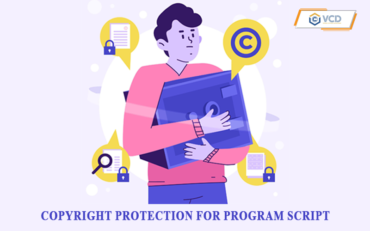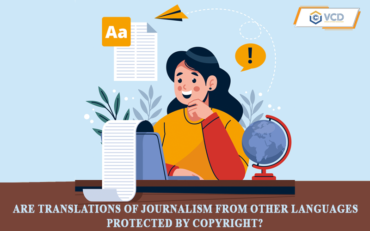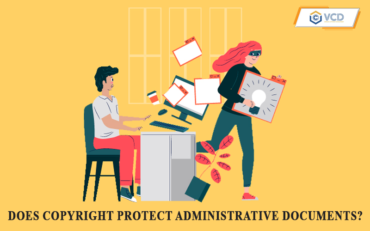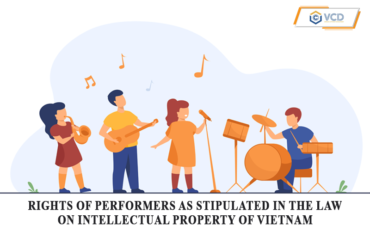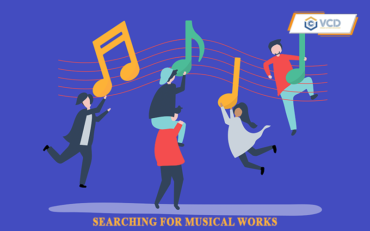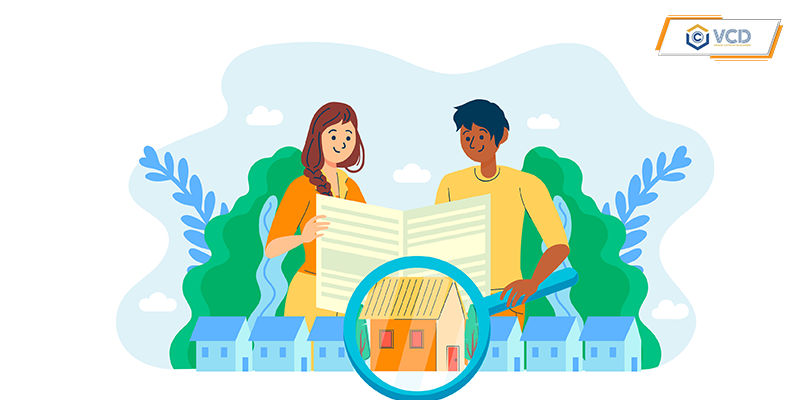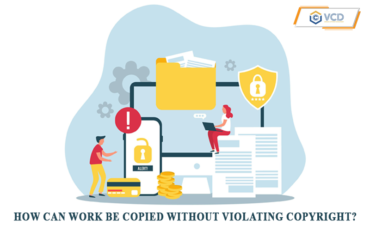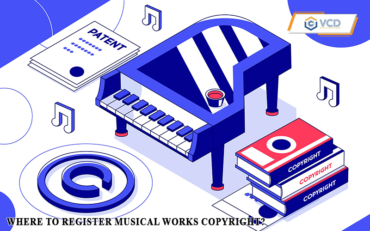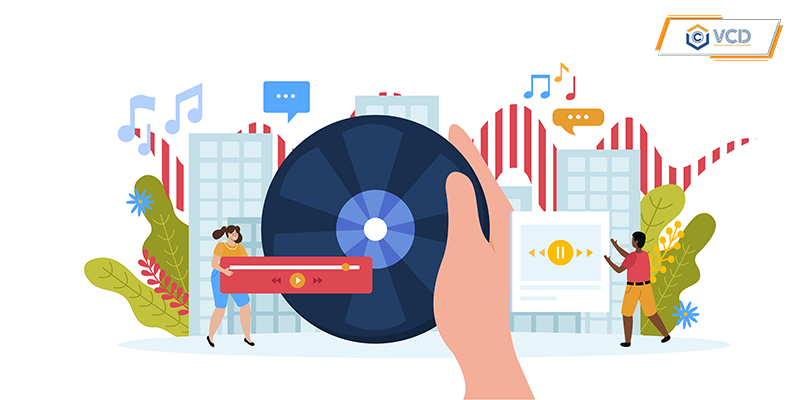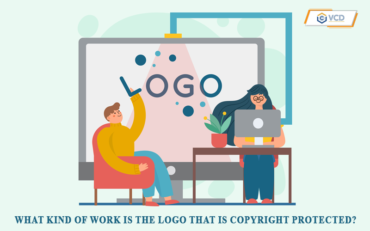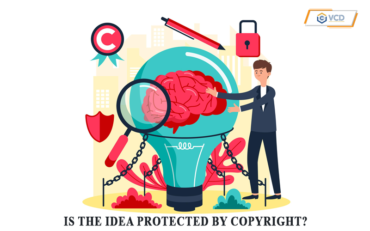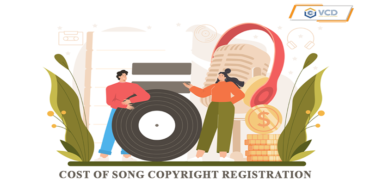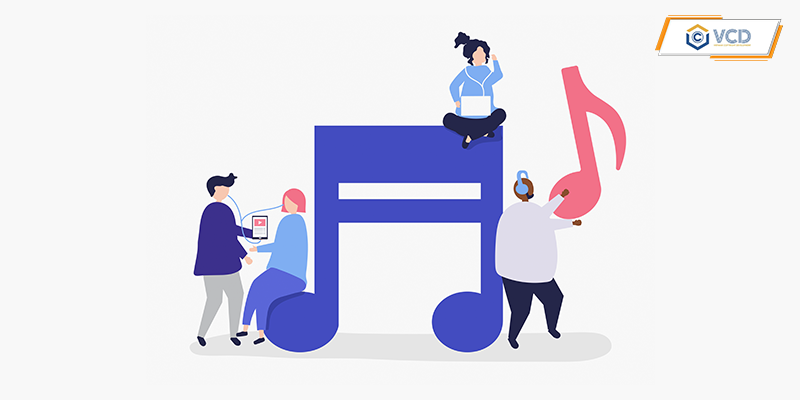Copyright protection for program script
To create a complete program, full of content, operating according to each specific plan, and suitable to the audience’s tastes, the program must have a good and complete script. Therefore, to ensure that the effort and money spent on creating the script is not copied, copyright protection of the program script is essential. We invite you to follow VCD’s article below to learn about program script copyright protection.
1. What is the program script?
A program script can be understood as a detailed description of the content and process of a television program, radio program, or live event. It defines the main parts of the program, including the introduction, goals, content, conversation script between the host and guests, and different parts to build harmony and flow, of the program.
The show script provides a guide for the host and film/television crew members on how to professionally express, interact, and execute the show, ensuring that the show runs smoothly. shared and planned.
At the same time, help ensure that everyone involved in the program has a clear guide to expression, content, and workflow. This is also a useful tool to organize and control program time effectively.
2. Copyright protection of the program script
Program script copyright protection is a method and measure used by competent state agencies to create a legal corridor to protect the legitimate rights and interests of program script copyright owners. process as well as related entities, against any infringement.
In Clause 1, Article 14 of the Intellectual Property Law, there are regulations on types of works protected by copyright as follows:
“1. Protected literary, artistic, and scientific works include:
a) Literary and scientific works, textbooks, course books, and other works expressed in writing or other characters;”
Therefore, according to the above regulations, the program script is in the form of literary, scientific works, textbooks, textbooks, and other works expressed in the form of writing or other characters. Therefore, the subjects with protected rights are organizations and individuals, including the person directly creating the program script and the owner of the program script rights prescribed by law.
Regarding the subject of protection, the program script must meet several conditions such as:
- The work is directly created by the author and not by copying, stealing, modifying, getting ideas… from other people’s works;
- The program script is announced for the first time in Vietnam but has not been published in any other country or is announced simultaneously in Vietnam within thirty days from the date the program script is announced. first time in another country.
The Intellectual Property Law is similar to the provisions found in bilateral and multilateral international treaties. It governs the ownership and rights of the creators of intellectual property, including patents, trademarks, and copyrights also stipulates that program script copyright is automatically recognized and protected after the script is formed in a physical form. certain. Registering program script rights as prescribed in Article 49 of the Intellectual Property Law is not mandatory to enjoy protection rights.
However, having a Copyright Registration Certificate for the program script copyright is meaningful when a dispute arises because the organization or individual has a Copyright Registration Certificate for the script copyright. The program will have no obligation to prove that copyright belongs to it unless there is evidence to the contrary.
Therefore, to be eligible for legal protection, the program script must meet the above object conditions and must be shaped on a certain material, only then will the program script be protected under the law provisions of Vietnam Intellectual Property Law.

